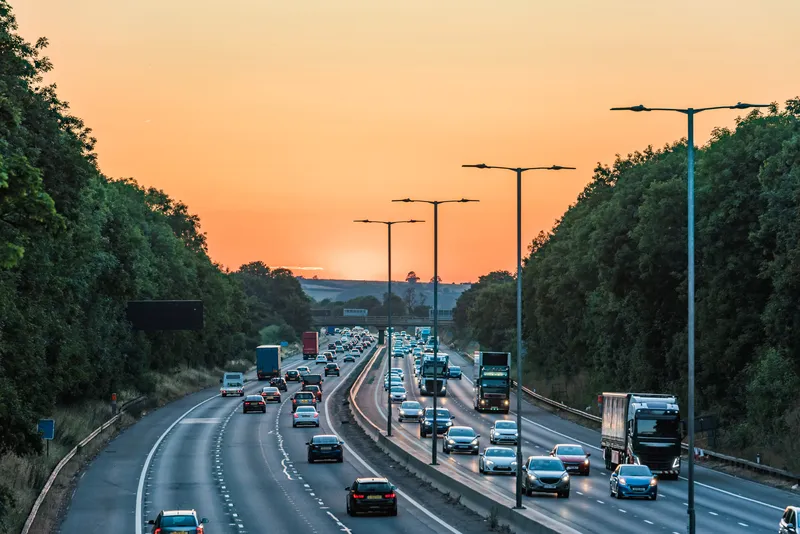Austrian rail telecommunication systems integrator Kapsch CarrierCom has been awarded the contract to maintain the entire GSM-R (Global System for Mobile Communications – Railway) network on behalf of British railway infrastructure operator Network Rail. The multi-year agreement will see Kapsch supporting Network Rail’s control centre team to ensure the highest levels of network availability, enabling higher frequency of train services and greater safety standards. GSM-R is an international wireless communi
December 17, 2012
Read time: 2 mins
Austrian rail telecommunication systems integrator 81 Kapsch CarrierCom has been awarded the contract to maintain the entire GSM-R (Global System for Mobile Communications – Railway) network on behalf of British railway infrastructure operator Network Rail. The multi-year agreement will see Kapsch supporting Network Rail’s control centre team to ensure the highest levels of network availability, enabling higher frequency of train services and greater safety standards.
GSM-R is an international wireless communications standard for railway communication and applications. In 2010 Kapsch was awarded the contract to roll the new R4 technology out across the UK rail network. The solution provides a secure platform for voice and data communication between railway operational staff, including drivers, dispatchers, shunting team members, train engineers, and station controllers. Network Rail is using it to deliver features such as group calls, voice broadcast, location-based connections, and call pre-emption in case of an emergency.
“Our ability to provide end-to-end solutions for network operators looking to roll out and maintain GSM-R technologies means that we are well placed to deliver on this contract. The communications infrastructure of a railway is crucial and we will be working to ensure the highest levels of uptime as well as ensuring value for money for Network Rail,” commented Kari Kapsch, CEO Kapsch CarrierCom.
GSM-R is an international wireless communications standard for railway communication and applications. In 2010 Kapsch was awarded the contract to roll the new R4 technology out across the UK rail network. The solution provides a secure platform for voice and data communication between railway operational staff, including drivers, dispatchers, shunting team members, train engineers, and station controllers. Network Rail is using it to deliver features such as group calls, voice broadcast, location-based connections, and call pre-emption in case of an emergency.
“Our ability to provide end-to-end solutions for network operators looking to roll out and maintain GSM-R technologies means that we are well placed to deliver on this contract. The communications infrastructure of a railway is crucial and we will be working to ensure the highest levels of uptime as well as ensuring value for money for Network Rail,” commented Kari Kapsch, CEO Kapsch CarrierCom.









